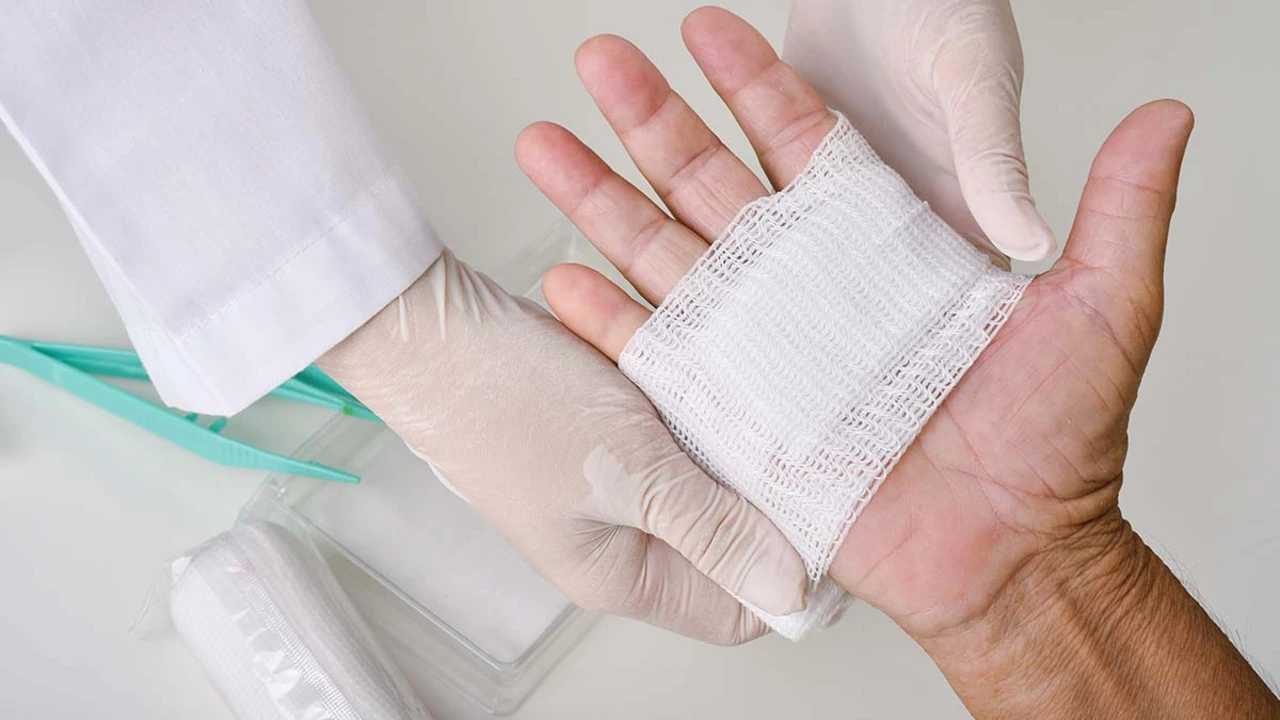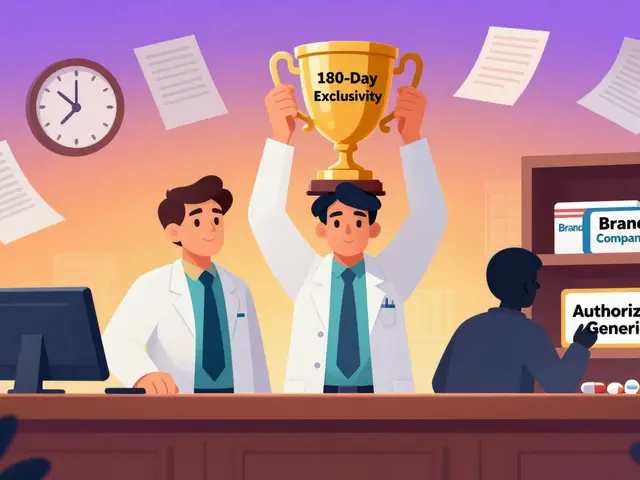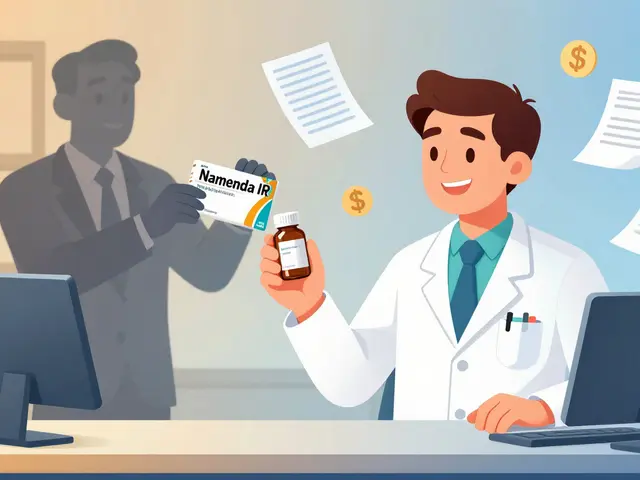Proper Care Methods: Safe Use, Buying, and Everyday Tips
Most medication problems come from how people handle drugs, not from the medicines themselves. A wrong purchase, a missed interaction, or improper storage can turn a helpful medicine into a hazard. This page gives clear, everyday steps you can use right now to reduce risk—when buying, taking, and storing meds or supplements.
How to buy meds safely online
Start by checking the pharmacy’s credentials: look for a real business address, phone number, and verified seals like regulatory accreditation where applicable. If a site sells prescription-only drugs without asking for a prescription, walk away. Prices that look too good to be true often mean counterfeit or low-quality products.
Use secure payment methods and avoid wire transfers. Read recent user reviews and search the site name plus words like “scam” or “reviews” to spot red flags. Pay attention to shipping policies: clear timelines, tracking, and a returns policy matter. If you need controlled medicines (e.g., benzodiazepines, strong pain meds), insist on a local prescriber and licensed dispensary—these drugs have legal restrictions for good reasons.
Use, dosing, and monitoring
Follow the exact dose and timing your prescriber gives you. Don’t split pills or change doses without checking first. Keep a current medication list with doses, and include supplements and over-the-counter meds. Use a phone app or a simple alarm to remember doses—missed or doubled doses are a common source of problems.
Watch for interactions: some medicines change how others work. For example, warfarin reacts with many foods and herbs, certain diuretics affect electrolytes and kidneys, and sedatives can be dangerous with alcohol. If you take drugs that need lab checks (INR, kidney function, liver tests, electrolytes), set reminders for tests and understand the target ranges your doctor wants.
Know when to call for help: sudden dizziness, fainting, severe stomach pain, trouble breathing, high fever, or any unexplained bleeding need immediate attention. For milder but still important issues—rashes, persistent nausea, or new sleep problems—contact your clinic for advice before changing treatment.
Herbal supplements deserve the same care as prescription meds. Plants like buck’s-horn plantain, wild thyme, or arnica can interact with other drugs, vary in strength between brands, and carry pregnancy warnings. Choose reputable brands that list ingredient amounts and third-party testing.
Store medicines in original containers away from heat and moisture, out of children’s reach. Dispose of expired or unused meds through take-back programs or approved disposal sites—don’t flush or toss them in household trash unless local guidance says it’s allowed.
Quick checklist: keep prescriptions and receipts, verify online sellers, track lab dates, keep a medication list, and store meds safely. If you’re ever unsure, ask a pharmacist or your provider—getting a second opinion can prevent costly mistakes. For more guides and reviews on specific drugs and online pharmacies, browse GenericDay for practical, up-to-date info you can use today.
Hi, I am a healthcare blogger and today I want to bring your attention to a crucial aspect of maintaining wellness - proper wound care. It's not just about bandaging a scrape or stitch; proper wound care plays a pivotal role in preventing serious skin infections. In this article, we'll dive into practical tips on maintaining wound hygiene and explore advanced preventative measures. Don't overlook the essentiality of caring for even minor wounds, because preventing skin infection starts with proper wound care.



